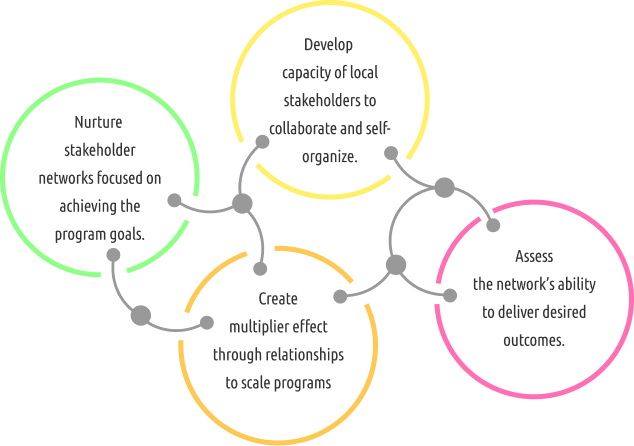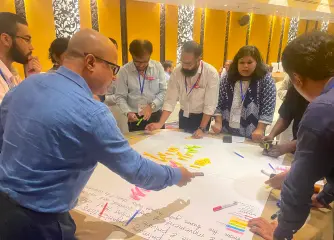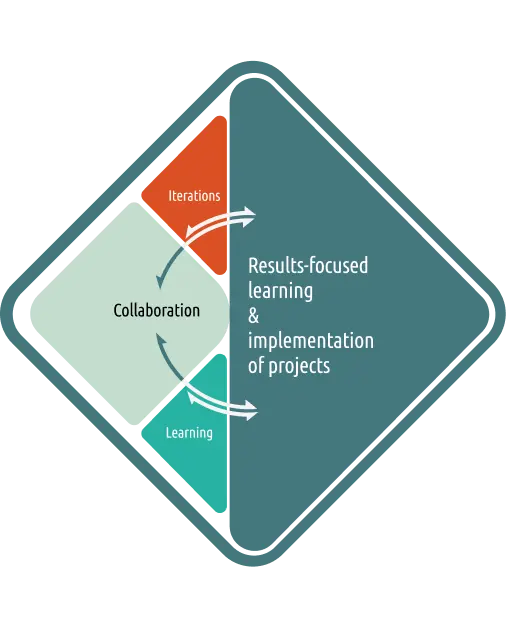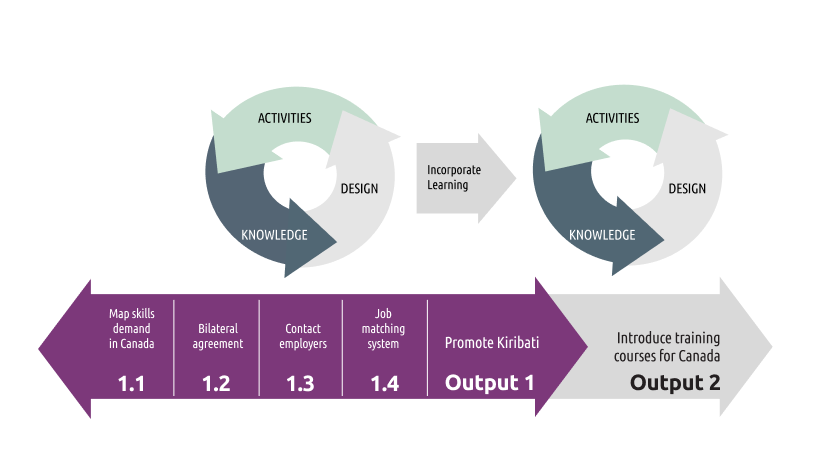Co-learning of Complex Systems
We support co-learning through group modeling, scenario analysis, simulations, and mixed methods approaches that reveal interconnected dynamics, clarify sources of unpredictability, and make complexity more navigable and open to informed action.
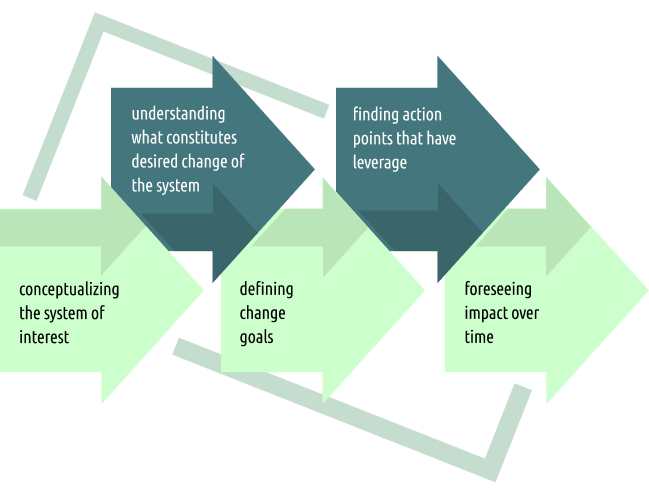
Working with local communities, policy makers, and experts to collectively conceptualize & codify complex systems from diverse perspectives.
Problem
structuring and root cause analysis.
Resilience
of socio-ecological systems.
Policy Advisory
Impact of actions over time and unintended consequences.
Complexity/
systems informed evaluation.
Performance
and efficiency of processes and value chains.
Theory of Change
Elicit systems properties that influence change pathways through nonlinear feedback loops, initial conditions, and archetypes.
Root cause of poverty in Madagascar
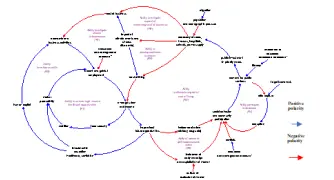
Study for the World Bank to propose a portfolio of upstream and downstream entry points and pathways to improve the ability of communities to move out of the poverty trap over time.
In our work with the World Bank, we employed a systems thinking approach to conceptualise poverty traps in Madagascar, aiming to uncover root causes and identify critical entry points for transformative reforms.
This involved a structured methodology using Causal Loop Diagrams (CLDs) to visualize complex feedback relationships within the system. These CLDs were developed from rich, contextual insights gathered through structured focus group discussions with communities directly affected by poverty.
